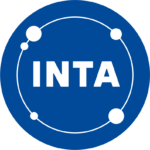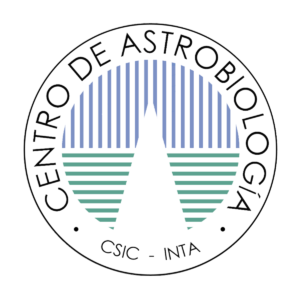For deep space planetary exploration missions both scientific and technological challenges due to extreme temperature and radiation, long communication times, and limited bandwidth can be addressed by better mission software onboard and on the ground. Mission software can enable science autonomy through onboard data analysis, instrument optimization, data priorization and compression, and real-time decision making. Advanced autonomy and perception onboard are possible using deep learning techniques used in terrestial settings but must account for the risk tolerance of mission critical applications, the difficulties of risk quantification for statistical learning algorithms, and extreme enviromental requirements imposed on fight hardware. To successfully overcome the challenges to deep learning techniques in planetary exploration we must consider the integrity and robustness of the entire data pipeline, from raw data sources to production models. In this talk, I’ĺl discuss Mission Control’s use of deep learning tools for science autonomy in support of the Emirates Lunar Mission, ESA’s OPS-SAT, and as a thought experiment for a future ocean world’s astrobiology mission [1]. The talk will include a live demo of Mission Control’s software in our analogue lunar environment.
[1] Theiling, B. et al. 2022. Science Autonomy for Ocean Worlds Astrobiology: A Perspective. Astrobiology. DOI:10.1089/ast.2021.0062
CAB YouTube channel: https://www.youtube.com/c/CentrodeAstrobiologia






